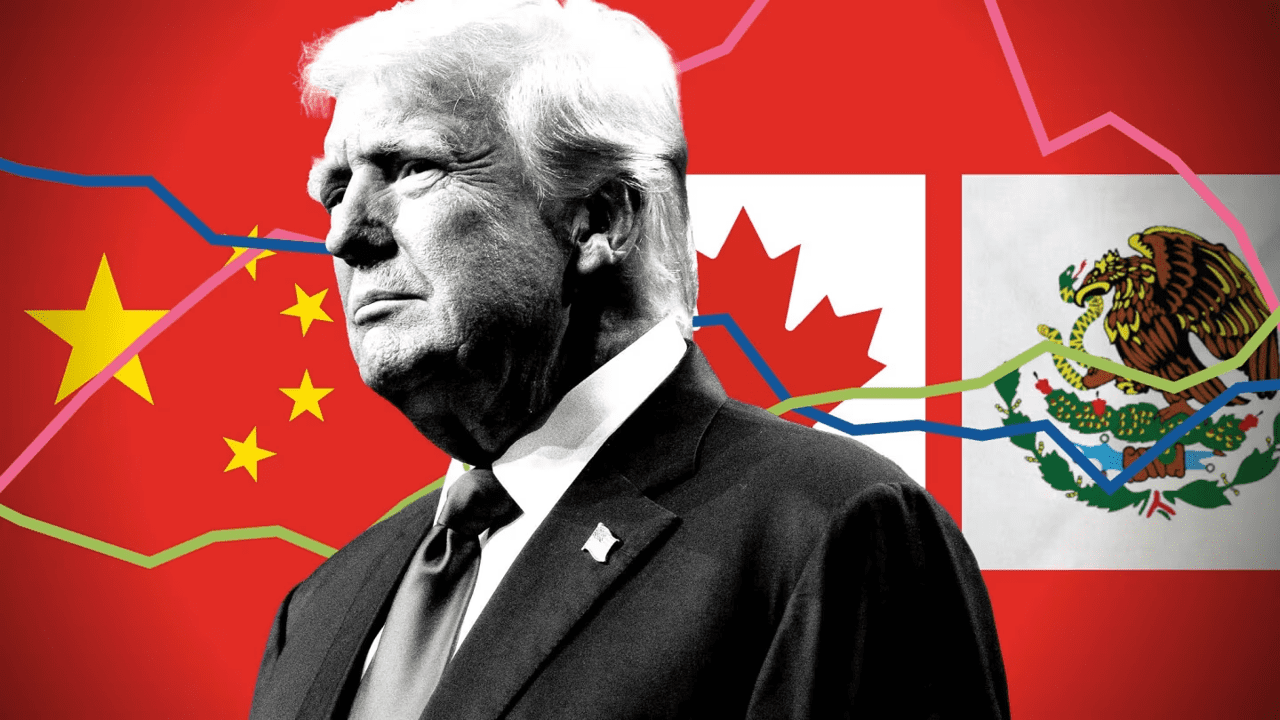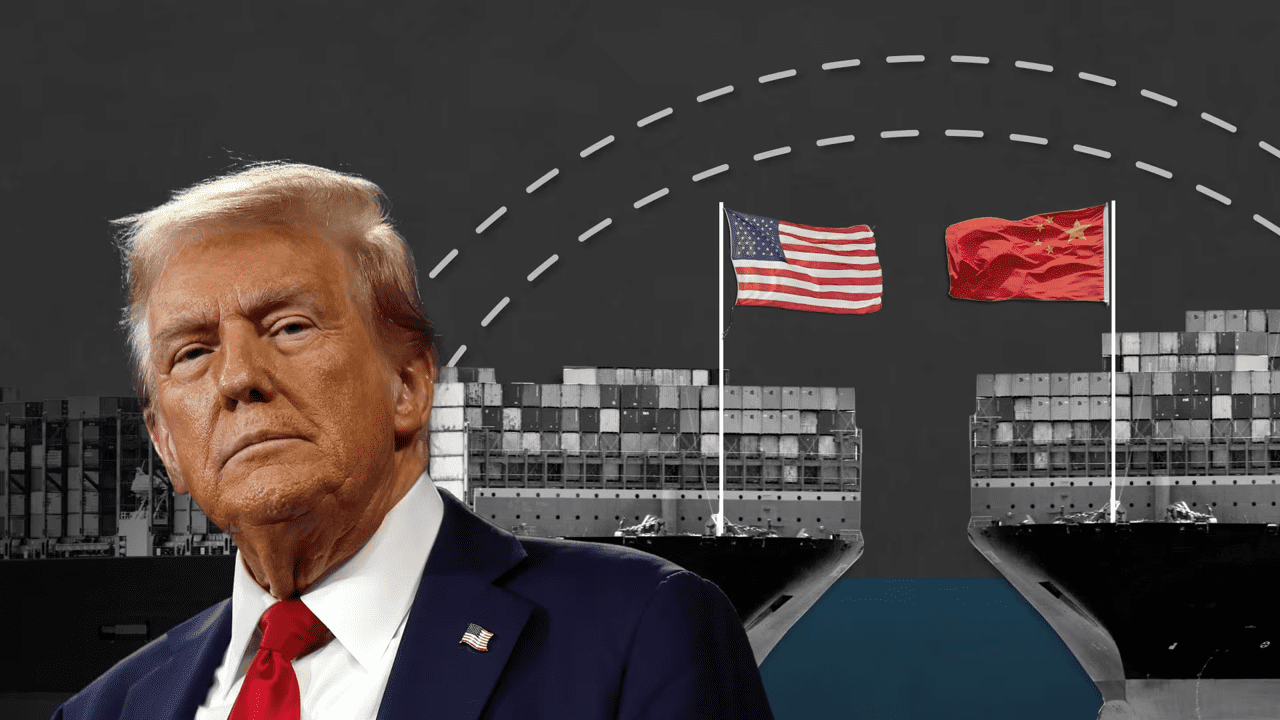About the Author
Raja Izz
Co-Founder of GC, Raja has over seven years of journalism experience covering culture, wealth, menswear, chivalry, and travel. He holds an MBA in International Business and strategy certifications from Harvard Business School. With more than 17 years in the corporate world, he has worked across FORTUNE 500 companies as well as Malaysia’s leading investment, banking, conglomerate, and oil & gas institutions.





.webp)
